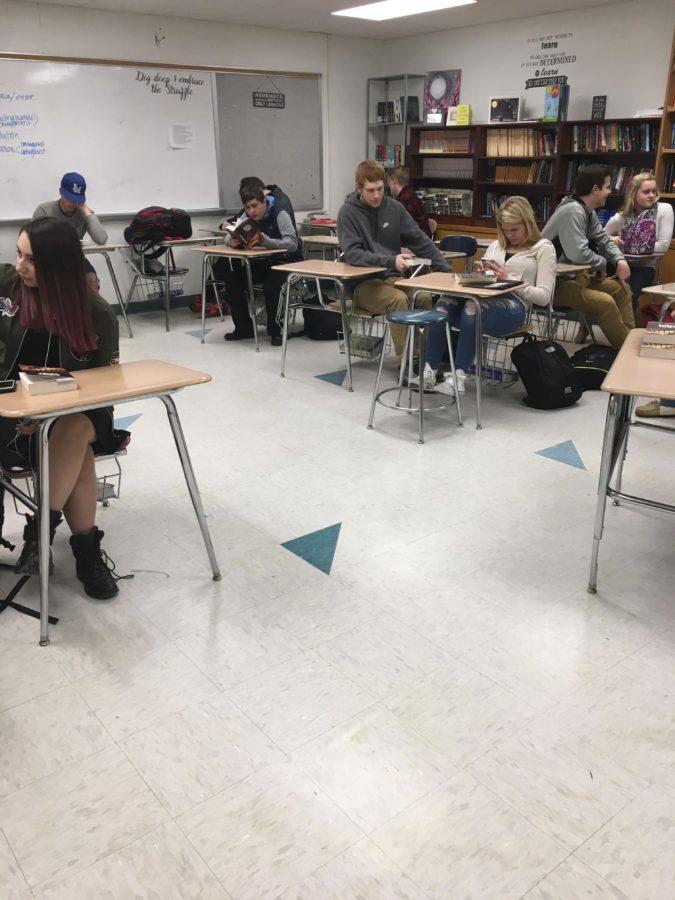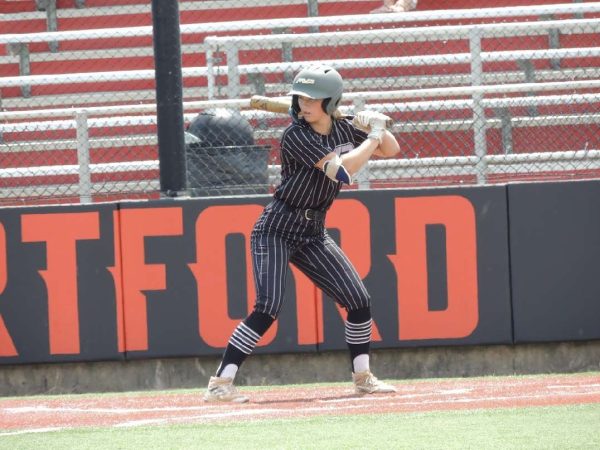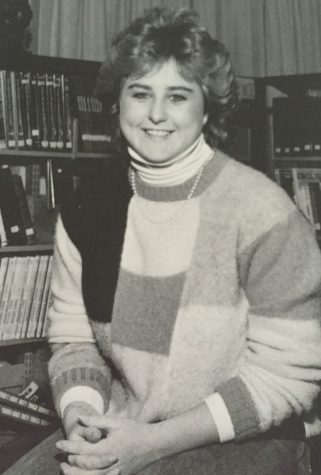Changes under President Trump could leave public schools in the dark
Reactions mixed: vouchers offer options, take funds from public schools
Policies that impact public schools and classrooms in places like Lewis S. Mills High School are likely to change under the new president and recently confirmed Education Secretary Betsy DeVos.
February 21, 2017
With our new president, Donald Trump, critics say it is inevitable that there will be
changes made to the education system. According to his 100-day plan, Trump would seek
to allow parents to choose where they want to send their kids to school — whether it’s
public, private, charter, magnet, religious, or home school.
Trump has said he also plans to end Common Core State Standards, which could change
standardized testing in local schools. This proposal has elicited concern from many people.
“I agree with eliminating standardized tests, they are not an accurate reading of the
student as a whole. As far as Common Core, there are some things I feel should be
changed,” said Marlanea Elsdon, English teacher at Lewis S. Mills High School. She
went on to say the Common Core in a lot of high schools is very similar to what teachers
have been teaching, but it definitely affects the elementary schools, and how those
students are learning.
The Common Core was first instituted to equalize national and local districts to make it
an even playing field. To make sure that each student was learning the exact same thing.
Katherine Hunt, a freshman majoring in early education at Eastern Connecticut State University,
agreed with Trump’s stance on the core standards.
“The common core is destroying the better school districts to make them even rather
than supporting the weaker districts to help them become better,” she said. They were
focusing on equalizing the system, instead of helping the school districts, they were
devaluing the good districts.
Trump’s education proposal also includes making two- and four-year colleges more
affordable for university students. Trump’s pick for education secretary, who was
recently appointed, Betsy DeVos, has also caught the attention of critics. DeVos’s
platform represents a change in direction from the path taken by previous education
department leaders. According to The Atlantic, DeVos supports the American Federation for
Children, a pro-charter and pro-school-voucher nonprofit. DeVos and Trump have said
that parents should be able to choose where their children go to school, no matter their
ZIP codes.
Xae Alicia Reyes, Professor Emerita of Education UCONN, believes the focus should be
put on equalizing the school system, rather than taking away from public schools.
“I think addressing poverty and school funding should be priority,” said Reyes. She said
that investing in all schools to make sure they offer quality education is more important
than degrading the good schools.
DeVos has openly agreed to give families taxpayer money in the form of vouchers, so
that their children can attend private or vocational schools. She also pushed to give more
public money to privately run, for-profit charter schools.
“When students leave their home communities to attend schools elsewhere, resources go
with them and this does not improve the socioeconomic conditions for their families or
communities,” Reyes said.
This has already had an impact in some communities across the United States. Trump proposed
providing a $20 billion federal voucher program for low-income families so they are able
to send their children to private and charter schools. They will be reprioritizing already
existing federal dollars, however it’s unclear what programs would suffer funding cuts
under this proposal.
Jack Rua, mathematics teacher at Lewis S. Mills High School, said there are pockets in
the country where public schools don’t work.
The “system is not working and is not meeting the needs of students and parents,” he
said. “For those families, they need some other options. Vouchers provide another
option.”
This solution will not work for the entire country, he said, because there are parents that
are happy with the public schools. Vouchers would work for parts of the country that
have public schools that are not working well, he added. However, these changes are not
acknowledging the poor quality of those public schools, he said.
Changes to education are expected when presidents from opposing parties take office,
however many have expressed concern that Trump’s agenda is too different, and could
hurt public schools.
Created at WNPR and CPTV Student Voices at the Warner Theatre









